Discover the seamless admission process for the Certificate in Intellectual Property program. Step into the world of IP with ease and expertise.
Admission Process for Certificate in Intellectual Property Course
A Certificate in Intellectual Property (IP) is a specialized program designed to equip individuals with a deep understanding of intellectual property law, covering patents, copyrights, trademarks, and related legal areas. The admission process for such a program can be a pivotal first step for prospective students. In this comprehensive guide, we'll delve into the details of the Certificate in Intellectual Property admission process, step by step.
1. Eligibility Requirements:
Every educational institution typically sets specific eligibility criteria for admission into its IP certificate program. These criteria may include educational prerequisites, work experience, or a demonstrated interest in intellectual property. It is essential for applicants to thoroughly review these requirements to ensure they meet the program's standards.
2. Application Form Submission:
Once a suitable program is identified, applicants are required to complete an application form. This form is the formal gateway into the admission process and typically solicits personal information, academic history, professional background (if applicable), and other pertinent details. Completing this form accurately is crucial as it serves as the first impression for the admissions committee.
3. Transcripts and Certificates Submission:
To validate their academic qualifications, applicants are often required to submit transcripts from previous educational institutions. These transcripts serve as evidence of the applicant's educational background and help the admissions committee assess whether they meet the minimum academic requirements for the program.
4. Letters of Recommendation:
Many institutions also request letters of recommendation as part of the admission package. These letters are typically written by professors, employers, or other professional contacts who can provide insights into the applicant's qualifications and potential as a student in the program. Strong letters of recommendation can significantly bolster an applicant's chances of acceptance.
5. Statement of Purpose or Personal Statement:
A critical component of the admission process is the submission of a Statement of Purpose or Personal Statement. In this essay, applicants articulate their profound interest in intellectual property, outline their career aspirations, and elucidate why they wish to pursue the Certificate in Intellectual Property program. This document provides valuable insights into the candidate's motivations and aspirations.
6. Resume or Curriculum Vitae (CV):
To offer a comprehensive view of their background and qualifications, applicants are usually required to submit a detailed resume or Curriculum Vitae (CV). This document should encompass educational history, work experience, relevant skills, and notable accomplishments. A well-structured CV can make a strong impression on the admissions committee.
7. Application Fee:
Some institutions may levy an application fee, typically to cover the administrative costs associated with processing applications. Applicants should review the specific application fee for their chosen program and ensure it is paid within the specified timeframe.
8. Interview:
In certain cases, applicants may be invited for an interview as part of the admission process. The interview serves as an opportunity for the admissions committee to engage with the candidate directly, gaining a deeper understanding of their motivations and aspirations. Adequate preparation is essential for a successful interview.
9. Admission Decision:
After diligently reviewing all application materials, the admissions committee undertakes the task of making decisions regarding the acceptance of candidates into the Certificate in Intellectual Property program. This phase of the process is critical, as it determines the fate of each applicant.
10. Acceptance and Enrollment:
If admitted, the candidate receives an acceptance letter from the institution. This letter contains essential instructions for completing the enrollment process, including details about tuition fees, registration, and other necessary steps. Prospective students must carefully follow these instructions to secure their spot in the program.
 1 Years
1 Years
 Certificate
Certificate
 Medical
Medical
 Full Time
Full Time

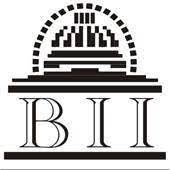
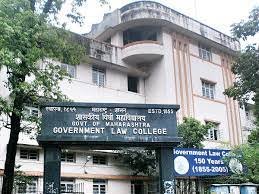




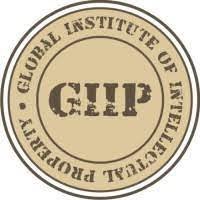

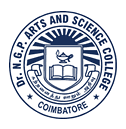

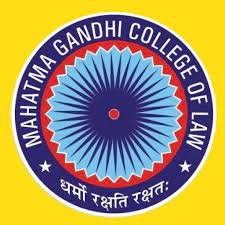



 back
back

